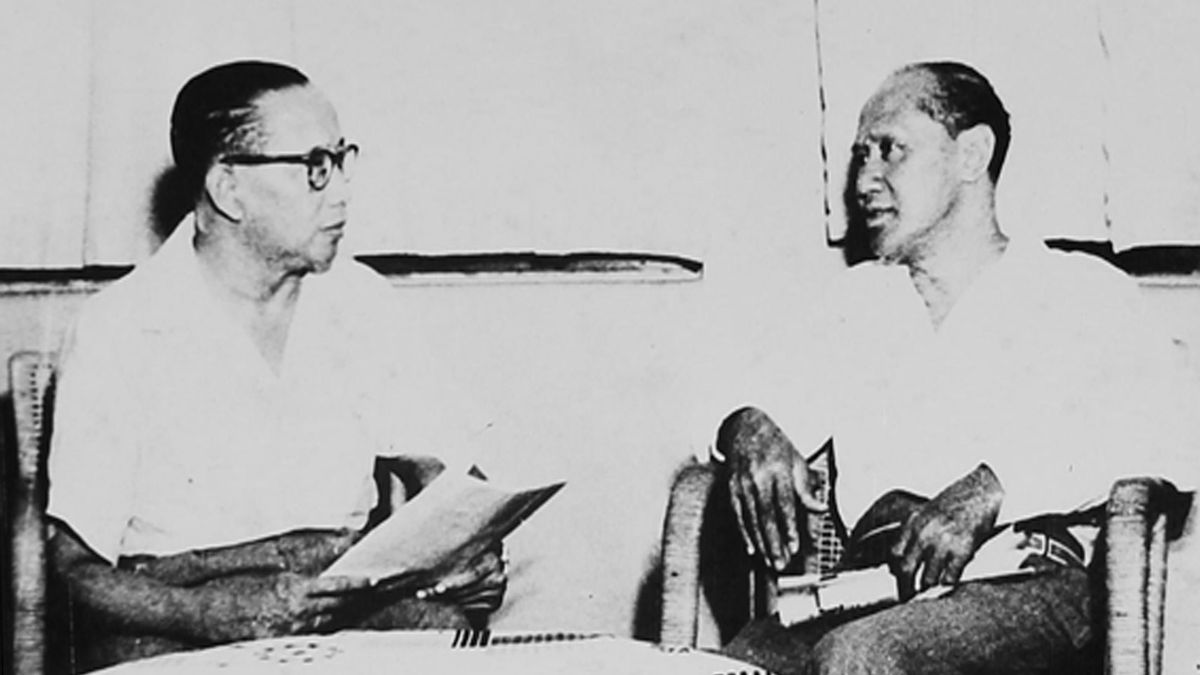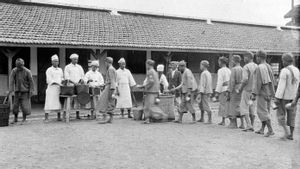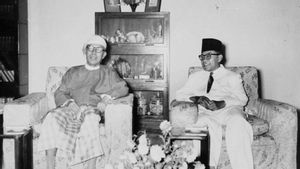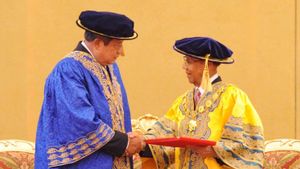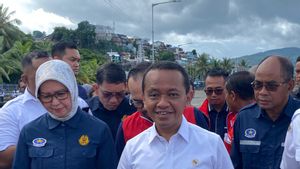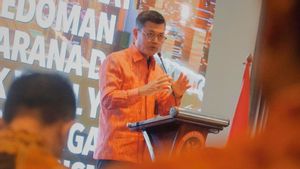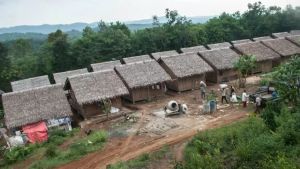JAKARTA History today, 84 years ago, June 24, 1939, the freedom fighter, Soekiman Wirjosandjojo, voiced the fate of workers - especially native workers - at the International Labor Conference in Geneva Switzerland. He revealed the fate of workers in the Dutch East Indies (now: Indonesia) is increasingly approaching.
This condition is exacerbated by the authority of the land owner to give punishment for beatings and confinement. He asked all countries in the world to come down to help their people. Previously, the colonial government used labor as slavery.
The matter of suffering the natives, the colonial government of the Dutch East Indies is good at it. The owner of power wants the natives to be utilized on a large scale. This wish is often echoed by the Governor General of the Dutch East Indies, Johannes van den Bosch.
He saw that his government had power to do that. The forced cultivation system or cultuurstelsel was perpetuated. The Dutch profited, local rulers from the regent to the village head were 'rich'. The only one who lost was all the common natives.
They were squeezed like dairy cows. The Netherlands forced them to grow productive crops for export purposes. Then, buy them at the cheapest possible price. The forced cultivation system lasted for up to 40 years (1830-1870).
The liberal and humanist group of the Netherlands became the loudest to end the forced cultivation system. The struggle was successful. However, the Dutch character blackmailed the bumiputras never ending. The Dutch then gave the Dutch businessman the right to run his business in the archipelago.
This power made the Dutch businessmen make the natives a cheap laborer. They often get small wages. Even the landowners where they work do not hesitate to punish if there is a mistake from the workers. Sentences of beatings or confinement.
The suffering of the Indonesian nation is only slightly reduced. Their living characteristics remain low. That way the elimination of Cultuurstelsel does not mean that prosperity does not come (the standard of living more than sufficient) in the Indonesian people. The living rate of the Indonesian people is maintained low, so it is easy to find cheap workers.
"Industrialization is not developed widely so as not to harm the Dutch industry, which does not arise in a strong class of workers. The nature of indigenous peoples who are agrarian is maintained and guarded so that indigenous middle class (national drilling) does not arise," said G. Moedjanto in the book Indonesia 20th Century Volume 1 (1989).
The collapse of the lives of the workers was felt by all freedom fighters. Soekiman, especially. The man who was once the leader of the Indonesian Compuation (PI) in the Netherlands saw that the workers had to be defended. He then became the leader of the pawn laborer.
另请阅读:
The power made Soekiman have the opportunity to be a guest from the International Hunting Conference in Geneva, Switzerland. He did not waste this opportunity. He gave a speech defending the interests of Bumiputra workers on June 24, 1939.
The man who later became the Prime Minister of Indonesia (1951-1952) invited all attendees to think about their fate and support Bumiputra workers to get a decent wage. He also asked them to help workers not be treated like covert slavery.
Soekiman explained that indigenous workers in Indonesia are helpless and have no protectors. They do not have a well-ordered labor organization, and do not have a political party. Like in Europe and America, which can defend the interests of workers in parliament.
"Soekiman revealed that our people in many ways are still underdeveloped, therefore they have the right to receive special compensation from institutions such as the International Labor Organization (ILO) which was indeed established with the intention of increasing living standards and improving social weaknesses among workers, especially for indigenous workers," said Lukman Hakiem in the book Soekiman (2022).
The English, Chinese, Japanese, Arabic, and French versions are automatically generated by the AI. So there may still be inaccuracies in translating, please always see Indonesian as our main language. (system supported by DigitalSiber.id)
